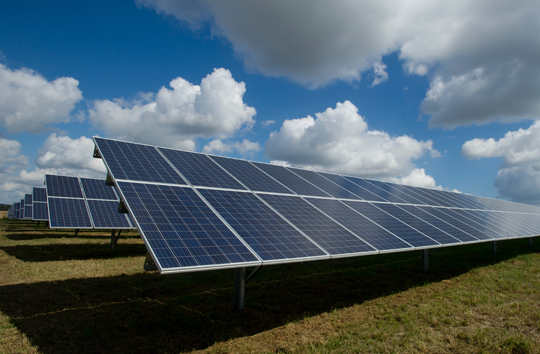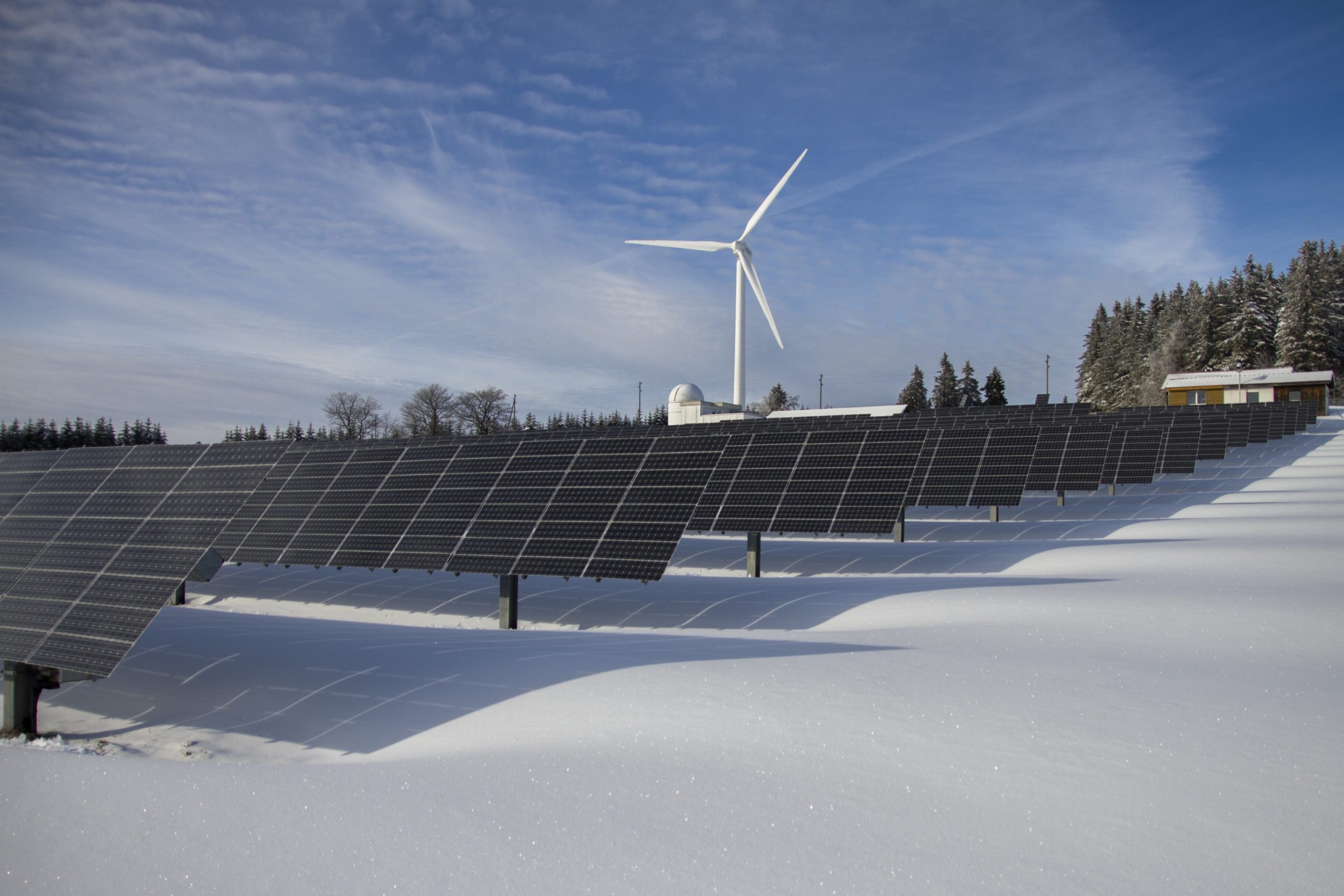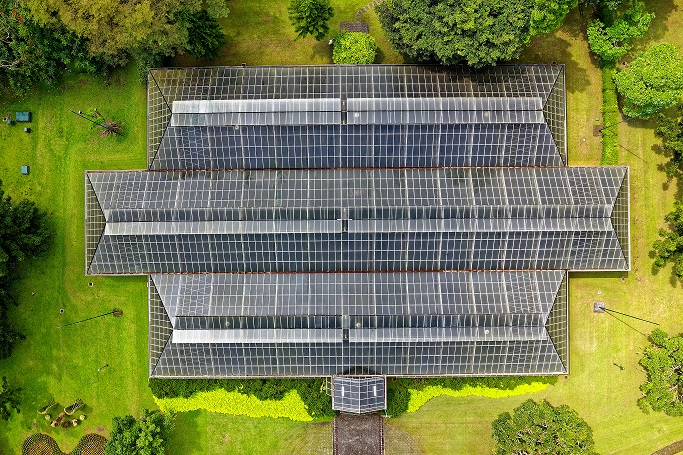1. Solar Power Is Good for the Environment
The most commonly known fact about solar energy is that it represents a clean, green source of energy. Solar power is a great way to reduce your carbon footprint. There’s nothing about solar power that pollutes mother nature. Solar power doesn’t release any greenhouse gasses, and except for needing a source of clean water to function, it uses absolutely no other resources. Hence, it’s safe and environmentally-friendly. Yet, people are still in doubt why solar energy is good.
Solar power is self-sufficient and installing solar panels on your roof is a safe and easy path to contribute to a sustainable future. Starting on your home is a great way to show you care about the environment.
2. Solar Electricity Makes Your Home Go Off-the-Grid
The decrease in the cost of solar panels serves as a great example of why there should be an increase in the use of solar energy. Traditional electricity relies heavily on fossil fuels such as coal and natural gas. Not only are they bad for the environment, but they are also limited resources. This translates into a volatile market, in which energy prices alter throughout the day.
Solar electricity boosts your electricity independence! By investing in a 4kW solar system, which is the most common domestic size, you can easily protect yourself against unpredictable increases in utility prices, and enjoy cheap electricity throughout the entire day – the sun will never increase its rates and it gives you energy security.
Once you have solar panels up on your roof, you’ve technically reached an energy-independent status. Solar battery storage systems can also help store electricity for nighttime and rainy days.

3. Solar Power Can Use Underutilised Land
You may continue to wonder why solar power. With the increasing need of solar energy, it’s become easily accessible to most of us. Across countries, there are vast land that are far away from big cities or capitals, and are not used for anything at all.
With solar power, we can actually make use of the land and subsequently generate great value; solar energy provides a source of power for everyone. In this way, we don’t need to use high priced land that might be better suited for other applications.
You might have heard of solar farms – panels used to harvest solar energy in large numbers. This highlights perfectly how solar power makes use of underutilised land. For instance, a 45 acre solar farm has been recently built in the UK, and it’s able to power 2,500 homes.
4. Solar Power Causes Less Electricity Loss
Electricity needs to be transported from big power plants to end-consumers via extensive networks. Long distance transmissions equal power losses. Ever wondered what are solar panels used for? They’re on your roof to get energy from the sun. Rooftop solar power is helpful in increasing electricity efficiency, considering the short distance. Your energy becomes domestic and as a result you’re in control of your own bills and energy usage. Furthermore, solar power systems are durable, thus chances of service interruption are reduced.
5. Solar Power Improves Grid Security
When there are many of us switching to solar power, we are less likely to experience blackouts or brownouts. Every household in the UK that have solar cells installed, functions as a small power plant. This, in turn, provides us with a greater electricity grid security, especially in terms of natural or human-caused disasters.
With the help of solar panel grants, you can also be paid to export electricity back to the grid.

6. Solar Power Creates Jobs and Economic Growth in the UK
Our national economy can be helped by solar power. The more people who opt for solar, the more needs will be for companies to install solar panels. This creates additional jobs for skilled workers, and consequently keeps the economy growing.
In 2015, for instance, the UK become the second-largest solar employer, with 35,000 people, and the continent’s largest solar photovoltaic (PV) panel installation market.
7. Solar Power Is A Free Source of Energy
The sun provides us with more energy than we could ever use, and no one can monopolise the sunlight. Your solar power system will start saving money from the moment it’s turned on, however, the advantages of solar power are best visible in the long-term. The longer you have your solar power system, the more you enjoy the benefits of solar technology and support the environment.
Aside from solar electricity, solar energy has a second application. We often associate solar energy with electricity, which is acquired through PV panels, but it’s also possible to use the energy generated by the sun for heating purposes. This process is accomplished by deploying solar thermal systems that simply convert the sunlight into heating solutions.
The acceptance of solar technology is at hand and we can start by increasing our use of solar panels.
Source: https://www.greenmatch.co.uk/blog/2014/07/7-reasons-why-you-should-use-solar-power



